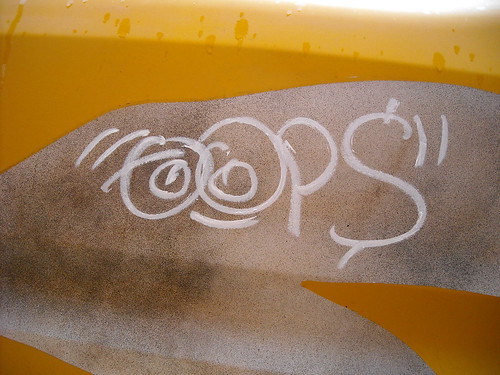Via Mia MacMeekin's "An Ethical Island" blog http://anethicalisland.wordpress.com/2013/10/08/blooms-blooming-taxonomy/
tax·on·o·my
[tak-son-uh-mee]
noun, plural tax·on·o·mies.
1. the science or technique of classification.
2. a classification into ordered categories: a proposed taxonomy of educational objectives.
1. the science or technique of classification.
2. a classification into ordered categories: a proposed taxonomy of educational objectives.
taxonomy. (n.d.). Dictionary.com Unabridged. Retrieved December 15, 2013, from Dictionary.com website: http://dictionary.reference.com/browse/taxonomy
hi·er·ar·chy
[hahy-uh-rahr-kee, hahy-rahr-]
noun, plural hi·er·ar·chies.
1. any system of persons or things ranked one above another.
1. any system of persons or things ranked one above another.
hierarchy. (n.d.). Online Etymology Dictionary. Retrieved December 15, 2013, from Dictionary.com website: http://dictionary.reference.com/browse/hierarchy
It appears that the difference between a taxonomy and a hierarchy is in the way things are organized. In a taxonomy things are classified into some sort of order. This rings true in a hierarchy as well, but according to a ranked order of importance. A slight difference? Perhaps, but a significant difference nonetheless. As I study the diagram of Bloom's Revised Taxonomy below I have some questions. Is creating any more or less important than remembering? Is analyzing any more or less impacting that applying? To me the answer is no... each level of the taxonomy is relevant and important, and in some cases interdependent with other elements. For example, creating a colorful piece of artwork is only possible if we understand color, and remembering color as in 'ROYGBIV' helps us make creative use of the spectrum of color found in a rainbow.

It appears that the difference between a taxonomy and a hierarchy is in the way things are organized. In a taxonomy things are classified into some sort of order. This rings true in a hierarchy as well, but according to a ranked order of importance. A slight difference? Perhaps, but a significant difference nonetheless. As I study the diagram of Bloom's Revised Taxonomy below I have some questions. Is creating any more or less important than remembering? Is analyzing any more or less impacting that applying? To me the answer is no... each level of the taxonomy is relevant and important, and in some cases interdependent with other elements. For example, creating a colorful piece of artwork is only possible if we understand color, and remembering color as in 'ROYGBIV' helps us make creative use of the spectrum of color found in a rainbow.



